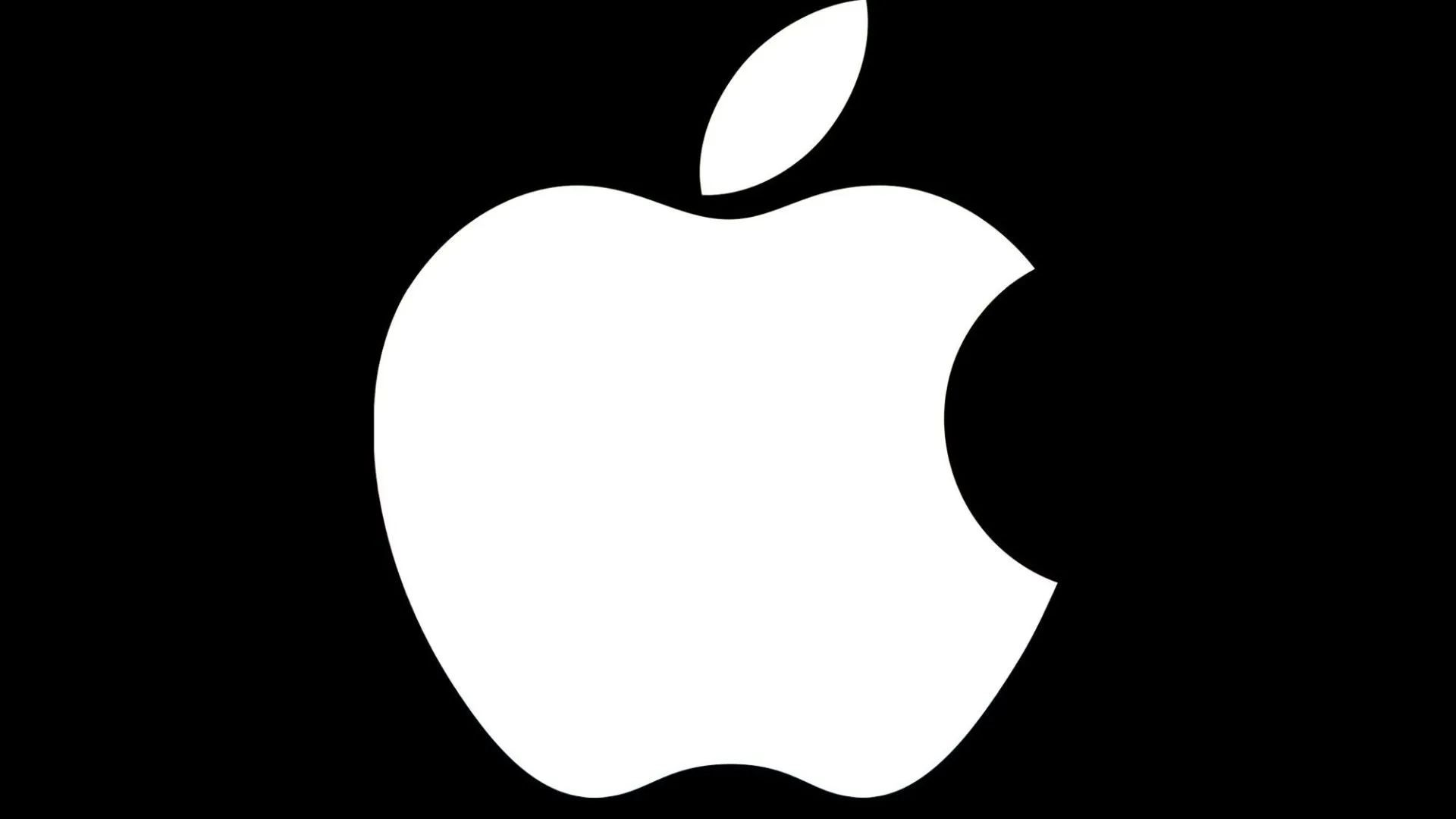As Apple continues to lead in innovation, the tech giant is now eyeing a significant impact in the smart home industry. Expected to launch by 2025, Apple’s smart door camera, integrated with the highly secure Face ID technology, is set to transform home security. Here’s a look at what this innovation means for homeowners and the future of smart homes.
Face ID for Smart Homes: A New Era of Security
Apple’s renowned Face ID, which provides unparalleled security on iPhones, is now poised to become a core feature in home security systems. The upcoming smart door camera will use Face ID to recognize homeowners, allowing them to unlock their door seamlessly without traditional keys. This system promises enhanced security and a futuristic approach to home access, ensuring that only the right person can enter.
Seamless Compatibility with Smart Locks
Apple’s Face ID-enabled camera is designed to either work as a standalone product or integrate with existing third-party smart locks. For households already utilizing smart locks, this integration would allow an easy upgrade to Apple’s advanced security features. The addition of Face ID will enhance biometric security beyond traditional fingerprint recognition, offering a more secure, reliable, and convenient method for entry.
Apple’s Expanding Smart Home Ecosystem
This Face ID smart door camera is just the beginning. Reports suggest that Apple plans to launch additional smart home products, including security cameras and a HomePod with an iPad-like display to control various smart devices. As the iPhone market matures, Apple’s diversification into the smart home space aligns with its strategy to maintain long-term growth and innovation across multiple tech sectors.
Apple’s entry into the smart home segment could redefine industry standards. Known for its focus on privacy and security, Apple’s products are expected to offer a level of reliability that sets them apart from competitors like Google and Amazon. With its commitment to stringent data protection, Apple aims to provide homeowners with an unmatched combination of usability, security, and privacy.
By late 2025, Apple could emerge as a dominant force in the smart home market, influencing the direction of home security technology for years to come.
ALSO READ: What is Smartphone Bypass Charging? A Must-Have Feature For Long Gaming Sessions

















